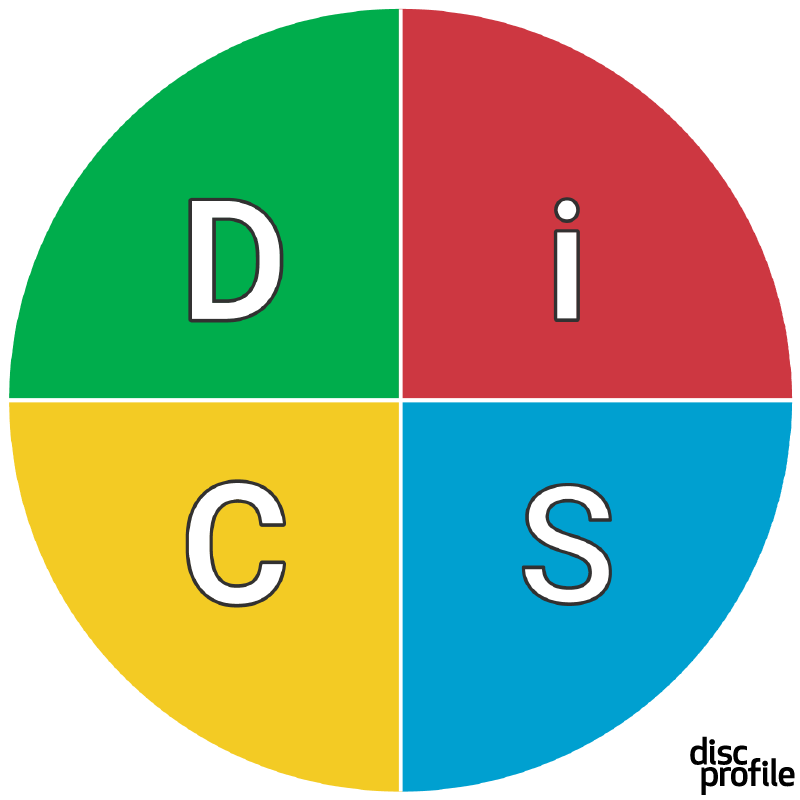Create Q&A pages with natural language.
SearchEngineLand says that if you really want to hit it out of the park with voice search, then you’ll need to make sure that your website incorporates natural language into its content. How do people speak? In what ways are they asking questions? What types of questions are they more likely to ask? How can you best combine your niche with the most appropriate questions? The answers to these questions might not come to you immediately, and it might even require a brainstorming session with you and your entire staff. But once you figure it out, take this natural language and build a Q&A page around it. Here’s what SearchEngineLand says:“Make these Q&A pages more conversational in tone, and the keyword phrases you use will probably resonate more with a person performing a voice search.”
Taking advantage of your blog content.
When people normally kick off a search with, “Ok, Google…” or “Hey, Siri…” it’s usually followed up with a question. They aren’t going to say, “Ok, Google. Small dog. Potty train. Apartment.” Instead, they’ll say something like, “Ok, Google, what’s the best way to potty train a small dog in an apartment?” While your main webpages won’t necessarily be able to maximize on something this specific, your blog can. This means, you should think about writing a blog on potty training small dogs and then make your keyword something similar to “potty train a small dog.” Do this, and you should be able to successfully optimize your SEO for both voice search and traditional search methods.Get away from instant answers.
Moz says there’s something of a “dangerous zone” and a “safety dance” to consider when diving into voice search. This is because when Google is crawling for answers to the question asked, they might just pull information off your site instead of direct someone to it. To explain this, Moz gives the example of cooking conversions. If someone asks how many pounds are in a cup, Google won’t send them to your website on cooking conversions. Instead, they’ll just pull the answer from your website to provide the user with an instant answer. Google might provide this information at the very top of the search results, or if you’re on your phone, Google might recite the answer for you – which could result in no click-throughs to your website or a high bounce rate – which will ultimately lower your search rankings. Avoiding this is simple… here’s what Moz says:Safe: If it’s hard to aggregate and present simply, you have a competitive advantage, and you probably will be able to keep that traffic. Dangerous: If it is easy to aggregate and present simply, you’re probably in dangerous territory long term.So what does this mean? Well, instead of cooking conversions, you write about recipes. Instead of game scores, you write about why the game ended how it did. And instead of malware definitions, you write about how to avoid common cyber-threats.







